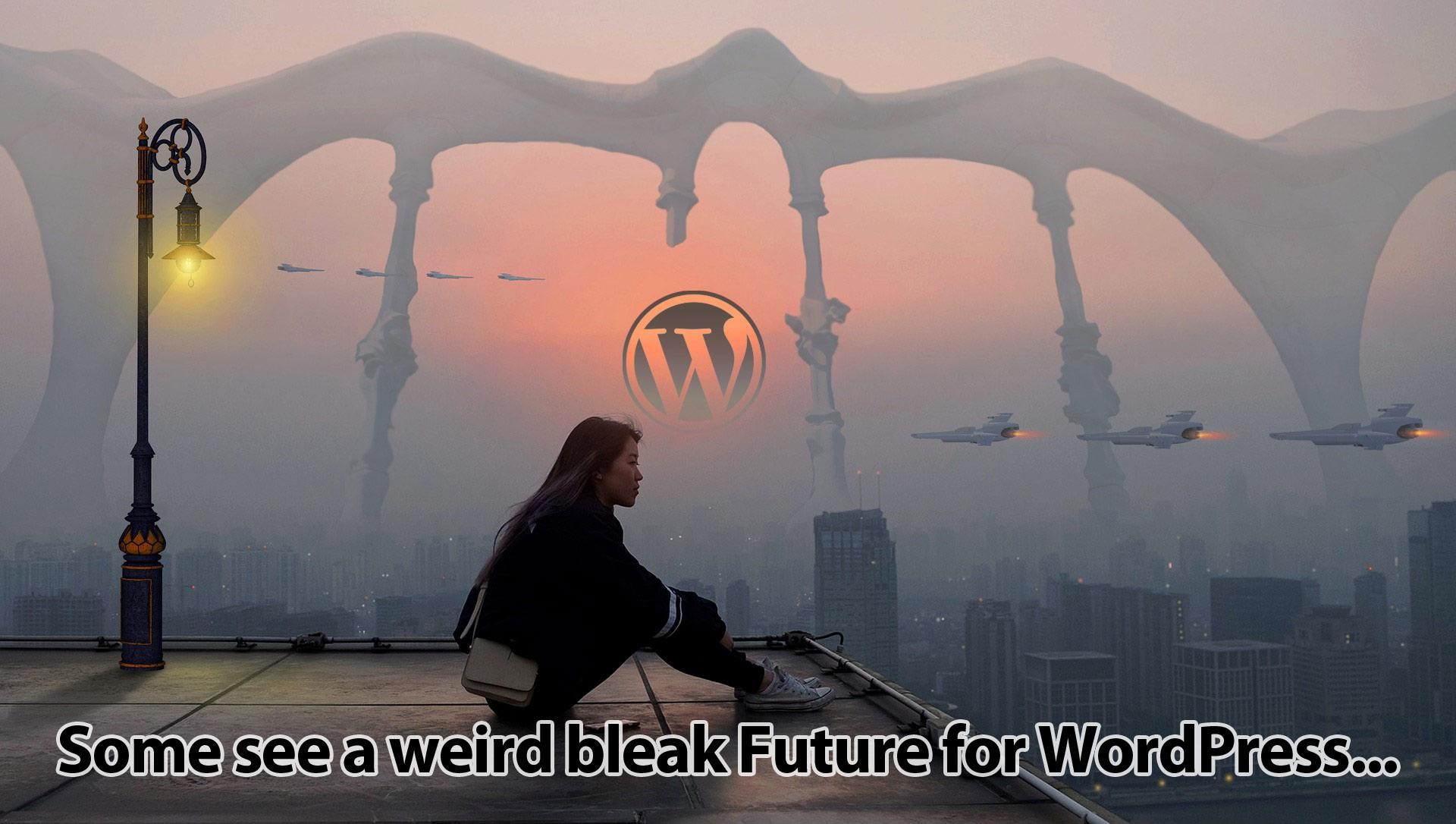WordPress seems to be an unstoppable force—a Cinderella story that grew from a simple blogging tool into the widely accepted, admired, and utilized platform that it is today. WordPress runs nearly 30% of websites on the internet, and is showing no signs of slowing any time soon. In fact, it seems to be picking up speed as the world grows and more people realize what a wonderful platform it is – it can build powerful, stunning, and highly converting websites!
Over time the WordPress community has grown from a party of one (Thank You, Matt Mullenweg!) into hundreds of millions, and is currently an economy in itself! There are an unbelievable amount of people that make their living partially or fully by means of WordPress—I consider myself fortunate to be one of them. I chose to start learning WordPress back in 2007, in large part due to the pre-existing user base and community. There were so many willing and helpful people and communities and resources available to learn from back then, and these things have just exploded with growth since then. The community is truly the heart and soul of WordPress. I believe that this community will continue to grow along with the platform as it matures and evolves to meet the changing demands of a modern world.
The recent past has revealed some really amazing developments. The REST API was merged into the WordPress core in v4.7 in December 2016. This really opened the door to a nearly endless string of possibilities. Now with the REST API, external applications and WordPress have a standard way to communicate back and forth. This means that anyone can build fully unique, non-WordPress applications or sites that have the ability to harness the full power of WordPress behind the scenes. So anyone that is building websites or applications outside of WordPress and with non PHP programming languages now have the full power of WordPress that they can utilize within their applications. This can mean a lot of different things in the real world, but at its core, what this means is that WordPress has fully graduated from being just a blogging tool to being a full-fledged application platform—which just melts my heart!

Another very powerful tool that has actually been around for a while, but is really gaining traction with developers is the WP-CLI (WordPress Command Line Interface). This is an add-on that allows you to run text commands that can quickly accomplish a multitude of tasks that would otherwise require many clicks within the WordPress admin. You can execute text commands and do just about anything that you can normally do in the admin. Additionally, these commands can be scripted to run across many sites as opposed to just one. With this tool we have a whole new level of automation that was never previously possible. Imagine running more than one site; each site you run multiplies your maintenance time and effort spent to keep the site running, with Plugins, Themes, and WordPress core code, which all must remain up to date, or you risk things breaking or worse—a hacked site! The WP-CLI lets you fully automate maintenance on all sites at once with simple commands and scripting.

It’s the massive open source WordPress community and the continual development and progressive enhancements like the aforementioned items that help make WordPress great, and will allow it to continue to survive and thrive well into the future.
So now this brings us to the subject at hand—The Future of WordPress! Some people think that the future of WordPress is rocky or even bleak. There is currently an unstoppable and slowly moving avalanche called “Gutenberg”, which is an impending major change to the WordPress core, which will potentially cause many existing themes and plugins to stop working.

Stay tuned next week for Part 2 and learn why Gutenberg will likely be a good thing for WordPress, and why it should not be feared! And I’ll also briefly share my humble opinion on the future of WordPress.
Contact Us Today!